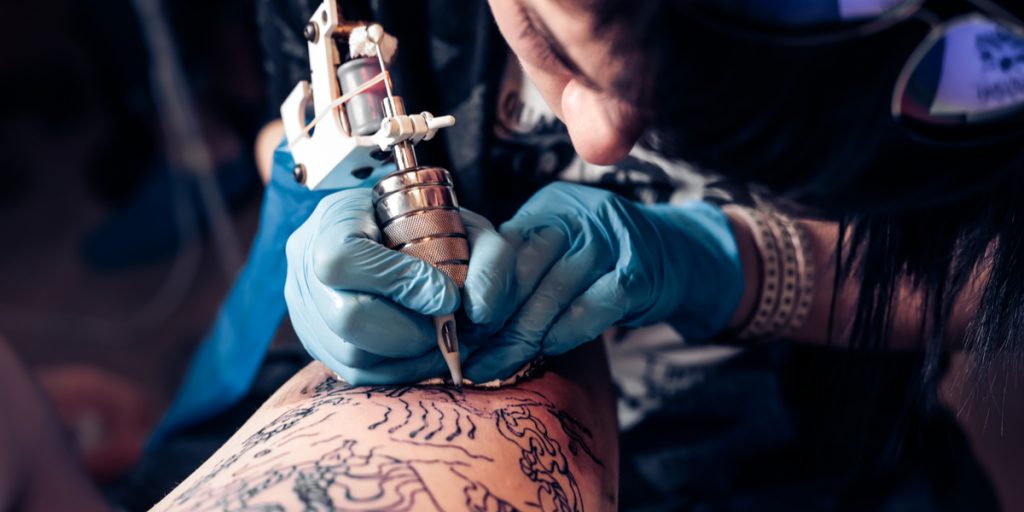Could Tattoos Increase Cancer Risk? New Findings Prompt Further Research
Others are reading now
Tattoos have become more popular than ever, with millions of people choosing to ink their skin for personal, cultural, or artistic reasons.
But while tattoos are widely accepted, scientists are now looking into their potential long-term health effects.
A recent study from the University of Southern Denmark (SDU) and the University of Helsinki raises concerns about a possible link between tattoos and cancer, writes Videnskab.
Researchers analyzed data from over 5,900 Danish twin pairs. Their findings suggest that people with tattoos are more likely to be diagnosed with skin and lymphatic cancer compared to those without tattoos.
Also read
However, the study does not determine exactly how much higher the risk is. It also does not confirm that tattoos directly cause cancer.
Scientists believe that tattoo ink might lead to chronic inflammation in the lymph nodes, which could eventually trigger abnormal cell growth.
Henrik Frederiksen, a clinical professor at SDU and co-author of the study, explains that ink particles collect in lymph nodes.
The immune system may see these particles as foreign substances and continuously attempt to respond.
This ongoing immune reaction could potentially impact lymph node function and overall health.
The study found that people with large tattoos, defined as those bigger than a handprint, showed the strongest correlation with cancer diagnoses.
Signe Bedsted Clemmensen, the study’s lead author, suggests that the longer someone has had a tattoo and the more ink stored in their lymph nodes, the greater the potential impact on the immune system.
She emphasizes the need for further research to understand these mechanisms.
Skin cancer is the most common type of cancer worldwide, affecting nearly a quarter of the Danish population in their lifetime.
Lymphatic cancer is rarer, with around 337 new cases diagnosed annually in Denmark. Experts caution that the study only identifies a correlation, not a direct cause-and-effect relationship.
Other factors, such as increased sun exposure among tattooed individuals, could also contribute to the findings.
Some medical professionals advise against getting tattoos due to the unknown long-term effects of ink in the body.
Further studies will explore how ink particles affect lymph nodes on a molecular level and whether certain types of lymphoma are more closely linked to tattoos than others.


